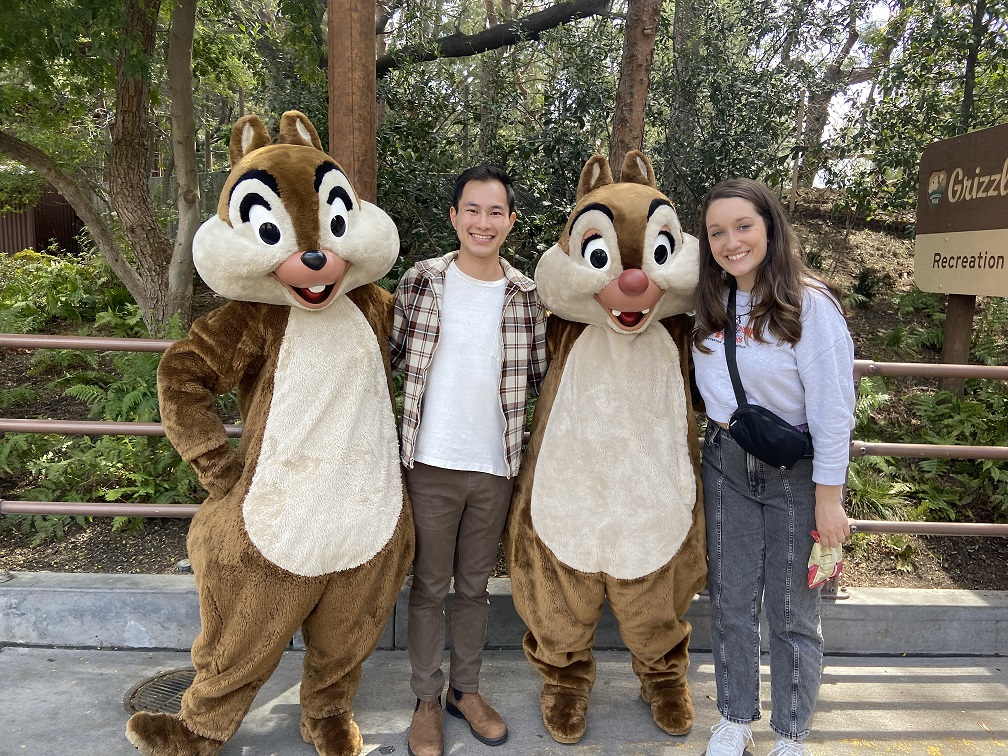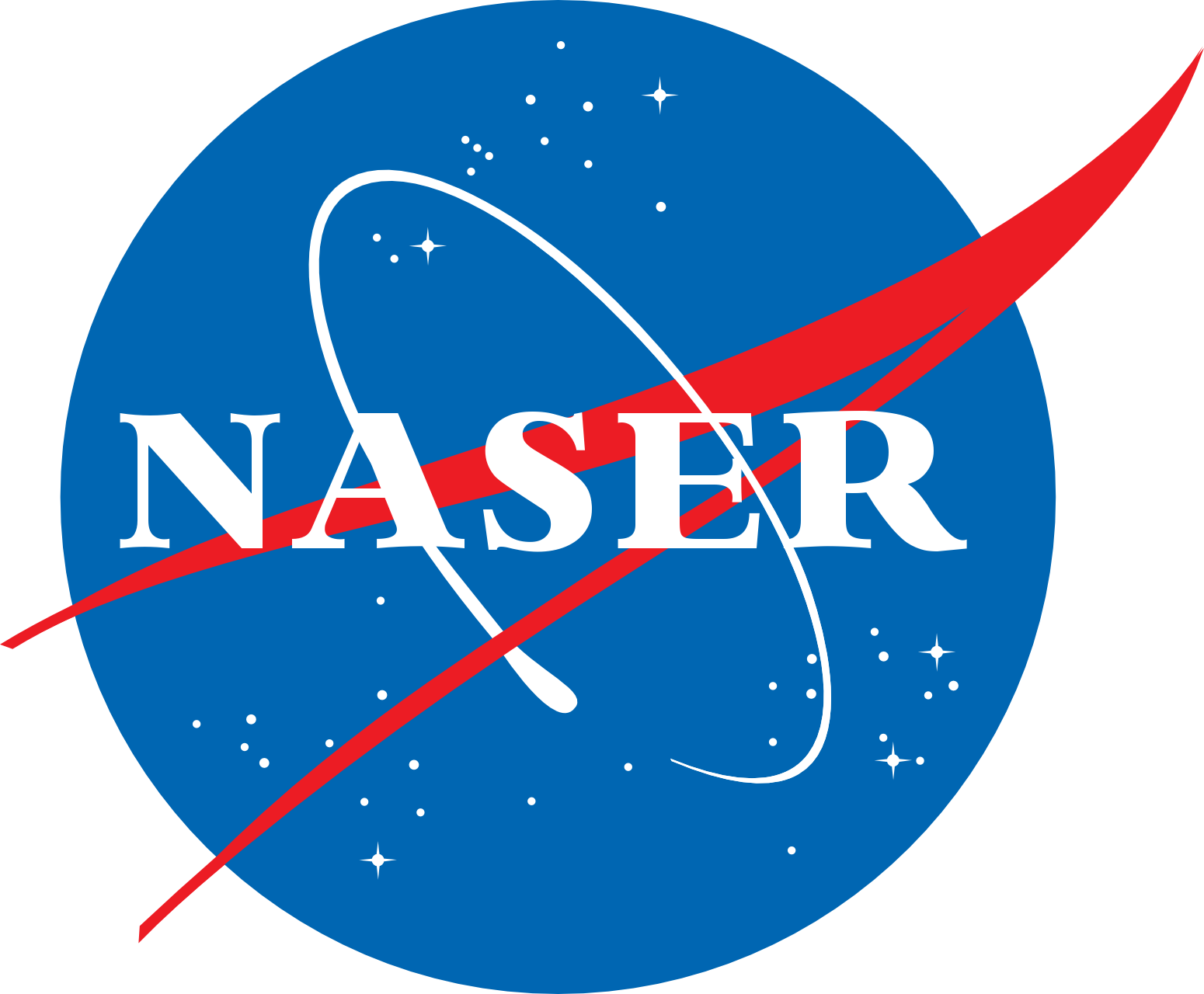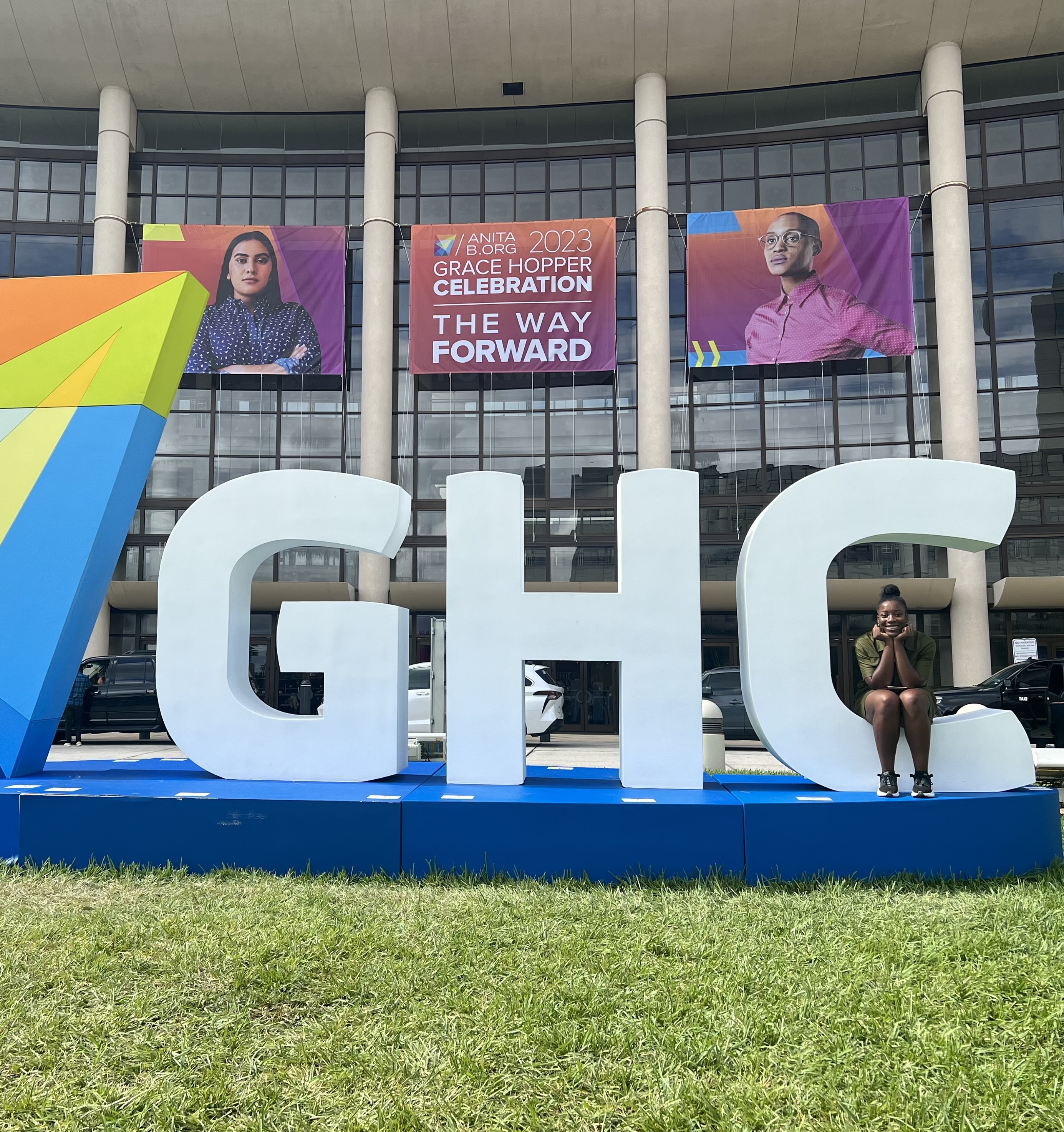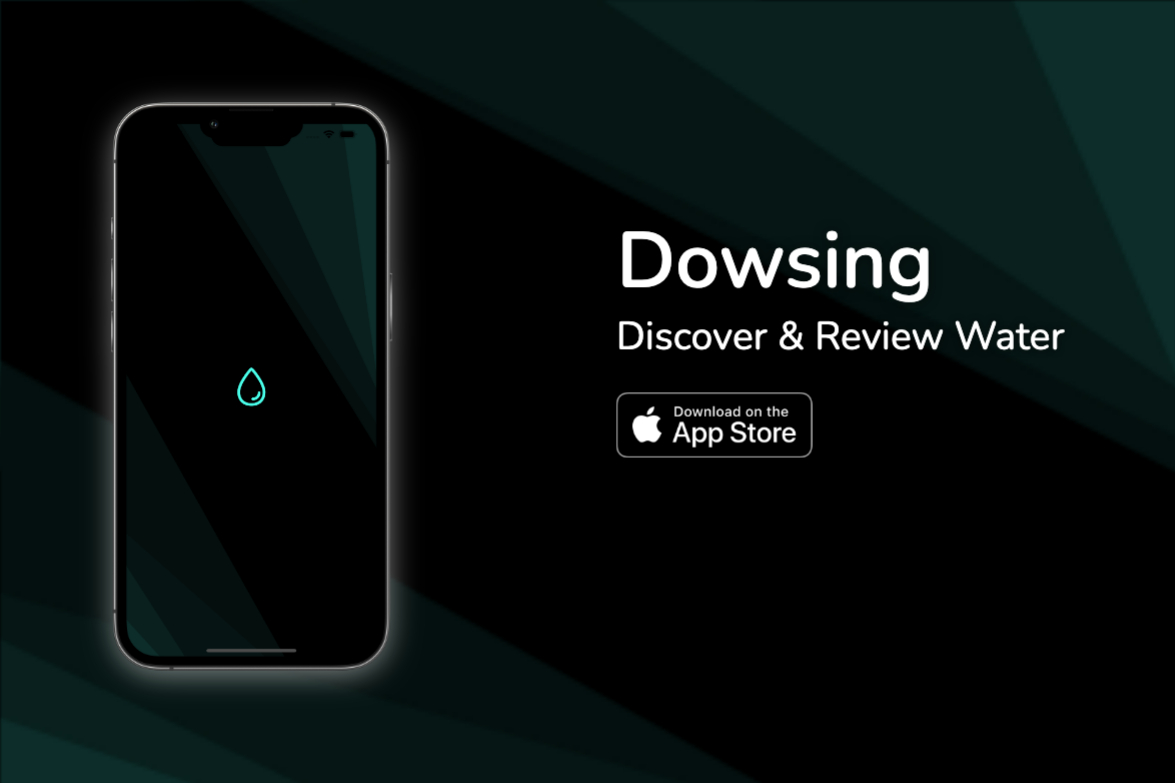Alumna Spotlight - Regan Bragg '21 (Disney)
Written on October 16th, 2023 by Naser
Photo of Regan (right) and fellow Colby grad at Disneyland.
This post is part of a spotlight series highlighting the work of exceptional students and alumni. The series aims to facilitate knowledge sharing on topics such as internships, jobs, entrepreneurship, and graduate school.
Today, I have the pleasure of talking to Regan Bragg ‘21, who will tell us about her experience as a Colby Alumna and a Software Engineer at the Walt Disney Company.
Naser: Tell us a little bit about yourself and your work at Disney?
Regan: I’m Regan! I am a 2021 alum of Colby, and a current Software Engineer at The Walt Disney Company. While I was at Colby, I double-majored in Computer Science and Mathematical Sciences, but in true liberal arts fashion I also dabbled in Spanish and various social sciences. Some of my favorite Colby memories were during JanPlan - one year I took a computer game design course, another I worked on my Spanish skills by studying in Salamanca, and my final one I developed curriculum for the WJHS coding club. During my time on campus, I was an admissions intern coordinator, orientation coordinator for the class of 2024, statistics teaching assistant, and captain of the club volleyball team.
I hope my story of getting into computer science is a relatable one to some readers. I hadn’t written a single line of code until my freshman year. At the time, my first-year advisor (shoutout Scott Taylor) suggested I give it a shot because I love math, and I will admit that I absolutely struggled with it at first. I knew it was going to be useful to me someday, but I couldn’t get it to click in my brain no matter hard I tried. But I kept signing up for classes and two semesters later, in Oliver Layton’s Data Analysis and Visualization course, all the pieces fell into place. The rest is really history!
At Disney, I am a software engineer working in test automation for mobile streaming applications. My team is responsible for governing a test framework that can be used by a subset of Disney apps. By automating test scenarios, it lessens the number of tests that need to be executed by the manual QA team.
Naser: What does a typical workday look like for you? What percentage of your time goes to coding?
Regan: There really is no typical day and my responsibilities vary a lot based on what the team needs. My team currently operates on a sprint-based model, although we try to maintain flexibility in our tasks. When I have bandwidth, I can claim a ticket with work that sounds interesting to me, but of course some are higher priority than others. In my current project, I would say I spend about two thirds of my day doing developer work. That includes coding, running my automated tests, running pipelines, and lots of other fun things. The other third of my day I might spend in meetings or doing MR reviews for other team members’ work.
Naser: What are the main technologies/skills you use at your job, and how did you learn them?
Regan: I work on the Android side of mobile automation, so my tech stack is a little different than our iOS team’s. On the daily, I’m programming in Kotlin and using its associated testing libraries. I also utilize Gherkin/Cucumber, AWS, Docker, lots of CI/CD tools, and more. One of the many benefits of how our team operates is that we have the flexibility to use whatever tools best fit the current project. Since my team already had built the test automation framework and test suites for several applications prior to me joining, I spent a lot of time just reading through repos to learn how things worked together. I also spent a lot of time reading documentation online, and googling questions like “is there a better way to do a for each loop with objects of type JSONObject?”. Kotlin has a lot of fancy functions I was not aware of, so the self-exploration was very, very helpful!
Naser: How does your job align with your academic studies at Colby? Are there any courses that you found more important/helpful after you started your professional career?
Regan: It’s funny because I don’t think I knew my job was a job while I was at Colby. Even though that’s the case, I think the breadth and depth of Colby’s curriculum really prepared me mentally to be able to quickly pick up whatever was thrown at me. When you are looking for a job, you shouldn’t just apply to the ones that match your skills 100%. If you can learn a new language or concept quickly and show eagerness to do so, it will take you a long way. I think that Computer Programming Languages was very helpful in this regard, it taught me so much about what to look for in a new language and how to utilize it correctly.
Naser: Can you tell us about the job search and interview process? And how did you prepare for it?
Regan: I began my job search about 6 months before my graduation. I was spending a substantial amount of time solving problems on LeetCode, altering my resume and cover letter to each position, and talking to career counselors. I applied to about ten jobs per week and tracked it all in my handy-dandy Excel sheet. Most of these jobs were at what you would think of as strictly “tech companies” which is why Disney was never really on my radar. A few months in, I was talking to my dad when he mentioned his friend’s daughter worked in Human Resources at Disney and she said they were looking for software engineers. I was surprised considering the media was calling for a tech hiring freeze any minute, so I jumped on that information and contacted her. Also, who wouldn’t want to work at the Happiest Place on Earth? She connected me with a recruiting director who conducted an initial screening to determine if I was a good candidate for the role. I also participated in interviews with my hiring manager and three of my team members (although at the time I thought they didn’t know each other). Each of them allowed me to be 100% myself and took time to understand me on a personal level. Coding was a part of it, but the emphasis was more on understanding how my mind worked than my ability to solve that specific problem.
Naser: After Colby you went to graduate school at NYU where you received a MSc in Computer Science, congratulations on this achievement! Why did you decide to pursue graduate studies before working in the industry? And what did you like about your program at NYU?
Regan: Thank you! In all honestly, I chose to attend a master’s program because I hadn’t fully decided whether I wanted to pursue the industry or academia route. NYU seemed like the perfect place to make that decision, since the faculty was made up of industry professors from companies like IBM and Google teaching very practical skills, and leaders in the academic field teaching in-depth seminars on their specialized topic. This program taught me a lot about myself and what I personally value, and what I discovered is that I mistook my passion for helping others learn as something that one can only do in academia. Once I knew that I could have mentorship relationships in industry, and I would always be challenged to grow more and more, my decision was made. I am very thankful for this program for guiding me to the path I chose. I also want to note that during my master’s program, I was able to work in program management at Tilson Technology and be a teaching assistant for a graduate level course, which also helped to inform this decision.
Naser: What tips would you give students interested in joining a tech company in the future but maybe they are not sure where to start?
Regan: Everyone says LeetCode, LeetCode, LeetCode, and I would say I agree. But a lot of companies will not only be looking at your implementation of a solution but also how you got there. So as awkward as it sounds, something that really worked for me is talking through the problem out loud and practicing how to articulate your ideas. You can even recruit your friends to act as an interviewer. Another resource I found very useful was GeeksForGeeks. Since I had a little bit of time to prepare, I assigned myself a new data structure to familiarize myself with every week and then completed a few related questions on LeetCode after to solidify it.
The last piece of advice I will give is to consider the personal fit with the company you are applying for. Before an interview, do some research about their values and culture. I’m not saying to change yourself to match what you find, but being able to show them that you have some of those characteristics that they are looking for is always helpful!


